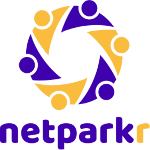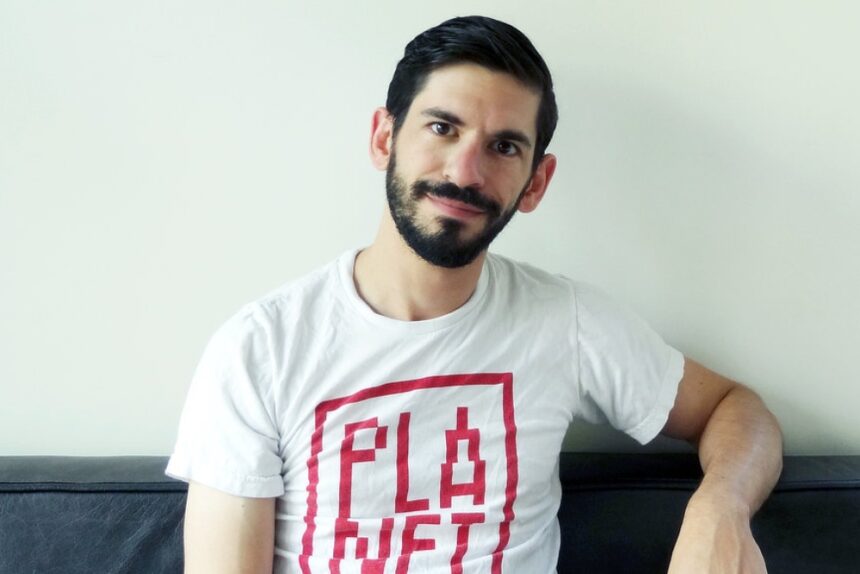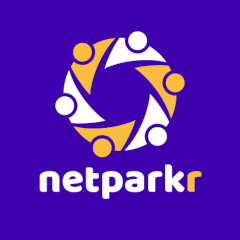Pizzatime is a bootstrapped firm , a unique startup that fosters collaboration among remote teams by providing a slice of the world’s favorite pie. Josh Gross, a 30-year-old businessman from Brooklyn, launched Pizzatime to bring his scattered team together with a party centered around pizza that they could attend from the comfort of their own homes. The solution is twofold: food is a great bridging thing, and pizza is the most transportable meal. Pizzatime has been successful due to pandemic-related lockdowns, but it has since reopened in 2020.
Pizza, geez. Is there a food that is more appreciated by everyone? Not according to a poll of 24 different nations. And Joshua Gross, a seasoned businessman and the creator of Pizzatime, is making money off of this cheesy, tomatoey treat. Pizzatime is a bootstrapped firm that fosters collaboration among remote teams by providing a slice of the world’s favorite pie.
Then, does Josh prepare dough in the kitchen of his own pizzeria? Not exactly. Josh, a 30-year-old businessman from Brooklyn who launched the internet agency Planetary. Josh, a freelancer since he was twelve, wanted to bring his scattered team together with a party centered around pizza that they could attend from the comfort of their own homes.
What was initially a logistical disaster—a four-hour pie search over several nations, time zones, and languages—now brings in $1.4 million annually. You may now order pizza in addition to alcoholic drinks, coffee, and entertainment like DJs and comedians. Among the well-known businesses whose staff have posted material online are Amazon, Nike, and Spotify.
Unifying a Pandemic-Affected, Isolated Workforce Through Food
Undoubtedly, things haven’t always gone well. Due to pandemic-related lockdowns that forced the bulk of the world’s workers to stay at home, Pizzatime came dangerously close to closing in 2019, only to reopen in 2020. Josh was well aware of the challenges encountered by folks who had never worked alone from home because he had spent the most of his career doing so.
Josh said, “When I started the business, I wanted employees to be allowed to work from wherever they felt most comfortable. It didn’t matter where they worked as long as they did good job. How to deal with loneliness was the most important issue. How can we help people feel like they belong to a team? Then we started looking at fun ways to get the team together.
Pizza: Why? Josh asserts that the solution is twofold: One of the greatest bridging things is food. The majority of human activities is probably social in nature. When deciding which meal was the most transportable, we first considered how we may use food to unite people. Pizza was the answer. Nearly every nation offers pizza delivery.
The Challenge of Automating a Global Pizza Delivery Service
Before Pizzatime was created as a result of Josh’s successful experimental run with Planetary, it took two years. At first, he asked friends and company people for their opinions. The responses were variable. According to Josh, “Some people thought it was enjoyable, while others questioned the logistics.” Josh realized this would be the most challenging part after spending an entire half-day organizing pizza delivery for his remote colleagues.
How is it possible to simultaneously deliver pizza to fifty people in fifty different nations? Josh said, “I knew what we wanted to do, but I couldn’t spend all my time using Google translate to place online pizza orders.” While Grubhub and other meal delivery services have made the procedure simpler, an automated system is now required to handle special requests and dietary requirements.
Josh said, “As a kid, I loved to take things apart and put them back together to see how they worked. I had no clue how Pizzatime would work at first. After I mapped out the procedures and automated the time-consuming chores, everything fell into place. Josh acknowledges that although an extremely small group of people help with order fulfillment, ordering, validating, and monitoring are entirely automated.
From a Minimum Viable Product to $1.4 million in annual sales
Each bootstrapped business owner is vying for first place by showcasing product-market fit. Pizzatime’s Minimum Viable Product (MVP) was essentially just a Webflow-powered website with a Typeform and an Airtable database as the backend. It lasted long enough for us to show that people wanted it. We patched it together with saliva and chewing gum. We only created a little amount of code.
Pizzatime lost a few bucks on each order during the first six months while Josh set prices and enhanced customer service. “During the initial months, we evaluated price, automation, cost-cutting measures, etc. We slowly learned more efficient and cost-effective ways to do tasks, and eventually we turned a net loss into a profit.
Ryan Hoover approved Josh’s decision to debut Pizzatime on ProductHunt with an absolutely nonexistent marketing budget. Zapier and Quartz both covered the story at the time. Pizzatime climbed to the top of Google’s results for “virtual pizza party” alone on the strength of these backlinks. Josh is going beyond SEO to help Pizzatime expand after gaining over 2,000 paying customers and making over $1,400,000 in sales.
Pizzatime, according to Josh, “is not just about remote teambuilding, though it did start as one.” “Virtual sales and conferences may have emerged, but attendance issues persist. But if a webinar or sales presentation came with free pizza, would you say no? To take advantage of this potential, we want to hire a growth marketer soon.
Josh has also thought of creating a network of “pizza partners” to help with logistics and a subscription service, but he is still working out the specifics. In addition to pizza, an extended lunchtime menu with lighter, healthier choices is also being considered.
How Josh Overcame the Time Restraints of Bootstrapping
Josh and his Planetary colleagues put forth a lot of effort to raise the money for Pizzatime’s debut. Time was important and there were only so many hours in the day. Josh had to be very picky, doing only a few tasks each week owing to a lack of money and labor. While outside funding would have solved this problem, Pizzatime was forced to use bootstrapping to grow into a quick and effective business.
“I had to choose one or two priority each week, which frequently included speculating on how the project will turn out. And doing this is challenging when there are a hundred things clamoring for your attention. Usually, I went with what I thought was best and, if it didn’t work, I gave up on it. It helped me to focus, but I was continually unsure of what I was concentrating on.
One helluva switch from managing a digital agency to planning online pizza parties. However, this is the work of the builders. Josh was a natural coder who started writing Visual Basic code as a teenager before moving on to HTML and JavaScript. He was creating and managing a number of softball league websites when he was just 12 years old, making a fortune doing what he liked.
“I worked for about a year at a SaaS company I hated after I graduated from college. Simply put, freelancing was too pleasurable. I therefore stopped stressing about what I ought to be doing and just did what I enjoyed. This is how Planetary and Pizzatime got started. Did I ever imagine running a virtual catering business? No way. When you’re having fun, who cares?
We concur wholeheartedly.
For further information
You can check Pizzatime and you can contact me on LinkedIn
We gather unique business case studies from all over the internet, to inspire you with a wide range of business ideas. This case study was supervised by our team and it definitely caught our interest. You can find other inspiring business stories here.







